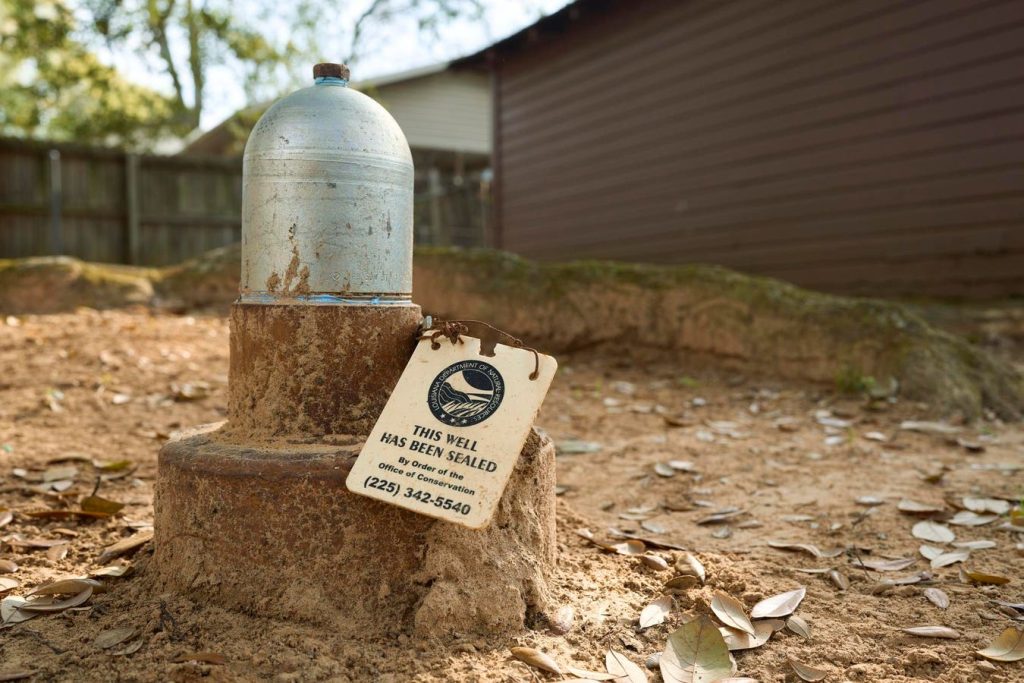The United States confronts a mounting environmental crisis stemming from orphaned and uncapped oil wells, posing significant risks to public health and the environment. Orphaned wells, abandoned by their owners and lacking responsible parties for their upkeep, often remain uncapped, allowing the release of harmful methane gas and the potential contamination of groundwater. The sheer number of these wells is staggering, with estimates ranging from hundreds of thousands to potentially millions, scattered across the country. A significant portion of these wells remain undocumented, further complicating efforts to address the issue. This crisis underscores the long-term environmental consequences of oil and gas extraction and the inadequacy of existing regulations to mitigate these risks.
The prevailing industry practice of transferring ownership of aging, low-producing wells to smaller operators exacerbates the problem. These smaller companies, operating with limited resources and often on the brink of financial instability, are ill-equipped to handle the substantial costs associated with well plugging and site remediation. When these companies inevitably fail, the responsibility for cleaning up the environmental mess falls on taxpayers. This cost-shifting dynamic creates a perverse incentive for larger companies to offload their liabilities onto smaller, less stable entities, effectively externalizing the true costs of oil and gas production onto the public.
The environmental and public health consequences of uncapped wells are substantial. Methane, a potent greenhouse gas significantly more effective at trapping heat than carbon dioxide, escapes freely from these wells, contributing to climate change. Furthermore, the potential for groundwater contamination poses a serious threat to nearby communities, impacting access to clean drinking water and potentially leading to long-term health problems. The proximity of millions of Americans to these uncapped wells underscores the urgency of addressing this issue and the widespread vulnerability to its negative impacts.
The existing regulatory framework, including bonding requirements, has proven woefully inadequate in preventing this crisis. Bonds intended to cover cleanup costs often amount to a fraction of the actual expenses, incentivizing companies to abandon wells and forfeit the bond rather than invest in proper closure and remediation. This systemic failure underscores the need for a more robust and comprehensive approach to ensuring that the oil and gas industry bears the full financial responsibility for the environmental consequences of its operations. As oil production shifts geographically, leaving behind depleted reserves and a legacy of potentially uncapped wells, the burden on taxpayers is likely to increase, particularly in regions impacted by declining oil production.
A promising solution to this complex problem lies in the implementation of a robust Environmental Liability Tax (ELT). This tax, levied on every barrel of oil extracted, would ensure that funds for well plugging and site remediation are collected upfront, before liabilities can be shifted or abandoned. By internalizing the environmental costs of oil and gas production, an ELT would create a level playing field, holding companies accountable for the full lifecycle of their operations. This approach would eliminate the current incentive to externalize costs and ensure that taxpayers are not left footing the bill for environmental cleanup.
The ELT could be structured as a per-barrel fee, calibrated to reflect the environmental risk associated with each well. The funds collected would be dedicated to a specifically designated trust, ensuring transparency and accountability in their use for plugging orphaned wells, remediating contaminated sites, and restoring impacted lands. Furthermore, the ELT could incorporate incentives for responsible behavior, rewarding companies that proactively plug wells and maintain high environmental standards with tax credits. This approach would encourage environmentally sound practices while disincentivizing neglect and liability evasion. By establishing a predictable funding stream, the ELT would enable governments to effectively plan and prioritize cleanup efforts, addressing the orphan well crisis in a comprehensive and sustainable manner. This proactive approach would shift the responsibility for environmental remediation from taxpayers back to the industry that generates the pollution, ensuring that the true costs of oil and gas production are accounted for.

